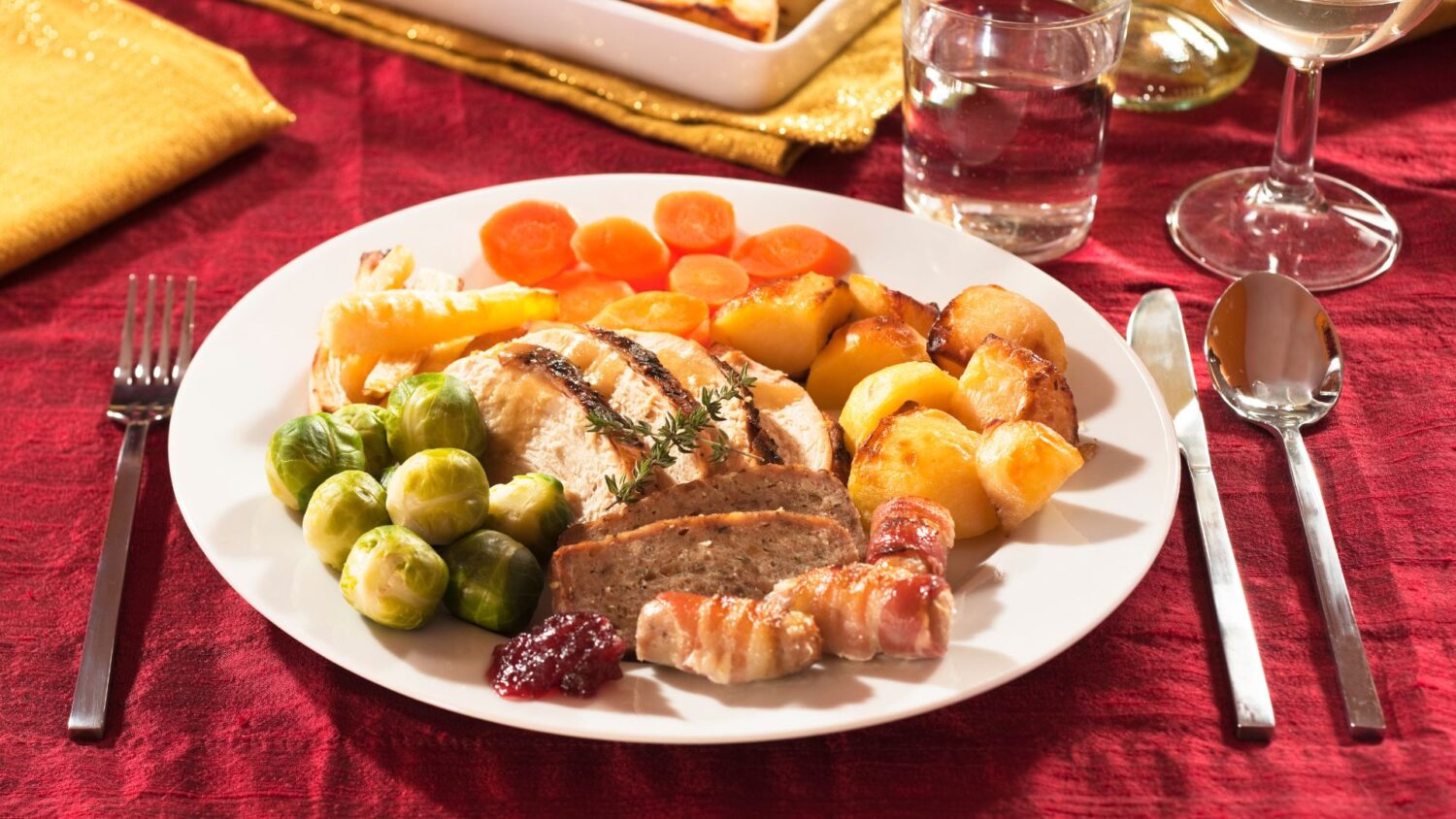If you love to snack, you’re not alone. Many people enjoy noshing on snacks throughout the day, as they’re perfect for keeping hanger at bay. Snacks are also easier to prepare than full meals, making them super convenient to whip up on a moment’s notice. However, as far as nutrition goes, the conversation around snacks often involves specific foods to eat. What about the timing of snacks—and does it even matter? To find out, we asked dietitians if there’s a best time to eat a snack, plus whether it’s possible to snack too much and if you should choose the same thing to eat every day.
- Kristen Lorenz, RD, registered dietitian and founder of Kristen Lorenz Nutrition
- Amber Core, registered dietitian at The Ohio State University Wexner Medical Center
The Best Time to Snack
“The best time to snack is in between meals,” says Amber Core, RD. This includes the three main meals of the day: breakfast, lunch, and dinner. However, as the best times for these meals depend on your specific health status and lifestyle, the exact timing of snacks will vary too.
“Generally, a meal should keep you full for three to five hours,” explains Kristen Lorenz, RD. (And if they don’t, it’s worth considering if you’re eating enough at mealtimes.) Thus, depending on your lunchtime, snacking works well mid-morning, as it falls between meals and can help maintain steady energy levels, Lorenz notes. “Similarly, a mid-afternoon snack can prevent overeating at dinner (or even during dinner prep) if your lunch was light or early,” she adds.
“The key is to snack when you’re genuinely hungry—not just bored—and to aim for nutrient-dense options that support your overall goals,” continues Lorenz.
Can You Snack Too Much?
As with all aspects of nutrition, it’s possible to snack too much, especially if the snacks are replacing nutrient-rich meals or contributing excess calories, according to Lorenz. Over time, this can lead to unwanted weight gain, potentially increasing the risk of health issues.
In fact, even if you’re eating healthier snacks, it’s still possible to overdo it. “Frequent snacking can diminish hunger at mealtimes, causing you to not eat much or skip meals altogether,” says Core. As a result, you might miss out on key nutrients you need each day. “It can also keep your blood sugar elevated and impact appetite regulation, making it harder to recognize true hunger,” notes Lorenz. “Over time, this could lead to overeating or digestive discomfort.”
Also, worth noting, the meaning of “too much” depends on many factors—including your activity level, metabolism, and overall diet, shares Lorenz. For example, if you’re an athlete or highly physically active, you might benefit from frequent snacking to fuel your energy needs, she points out. But if you’re not as active and snacking often, the habit is more likely to lead to an excess intake of calories.
Should You Eat the Same Snack Every Day?
If you happen to adore a specific snack, you’ll be glad to know that it’s OK to eat it daily. This is especially true if it suits your nutritional needs and keeps you satisfied, according to Lorenz. In fact, there are several benefits to the practice: “If your snack is well-balanced and high in nutrients, eating the same snacks can help keep calories at a healthy level and avoid overeating,” shares Core. “Eating the same snacks can also help you build healthy eating habits without needing to think about what to have each day,” she adds.
The only drawback? “Eating the same foods every day can cause boredom,” notes Core. To prevent this, Lorenz suggests “rotating snacks to include different food groups, to ensure you’re covering all your nutritional bases and personal taste preferences.” While you’re at it, choose snacks that pair protein, healthy fats, and high-fiber carbohydrates to keep you full and energized, Lorenz suggests.
“Some good options for a balanced snack include wheat crackers and tuna, apple slices and peanut butter, or berries and mixed nuts,” adds Core.
Additionally, if you’d like to enjoy a less nutrient-rich snack, know that it’s possible to do so mindfully. As Lorenz notes, indulgences are part of a healthy lifestyle, especially when it’s intentional and balanced. “For instance, you can balance indulgent snacks with nutritious foods (think dark chocolate with almonds or chips with guacamole) to add more nutrients and satisfaction,” Lorenz concludes.



